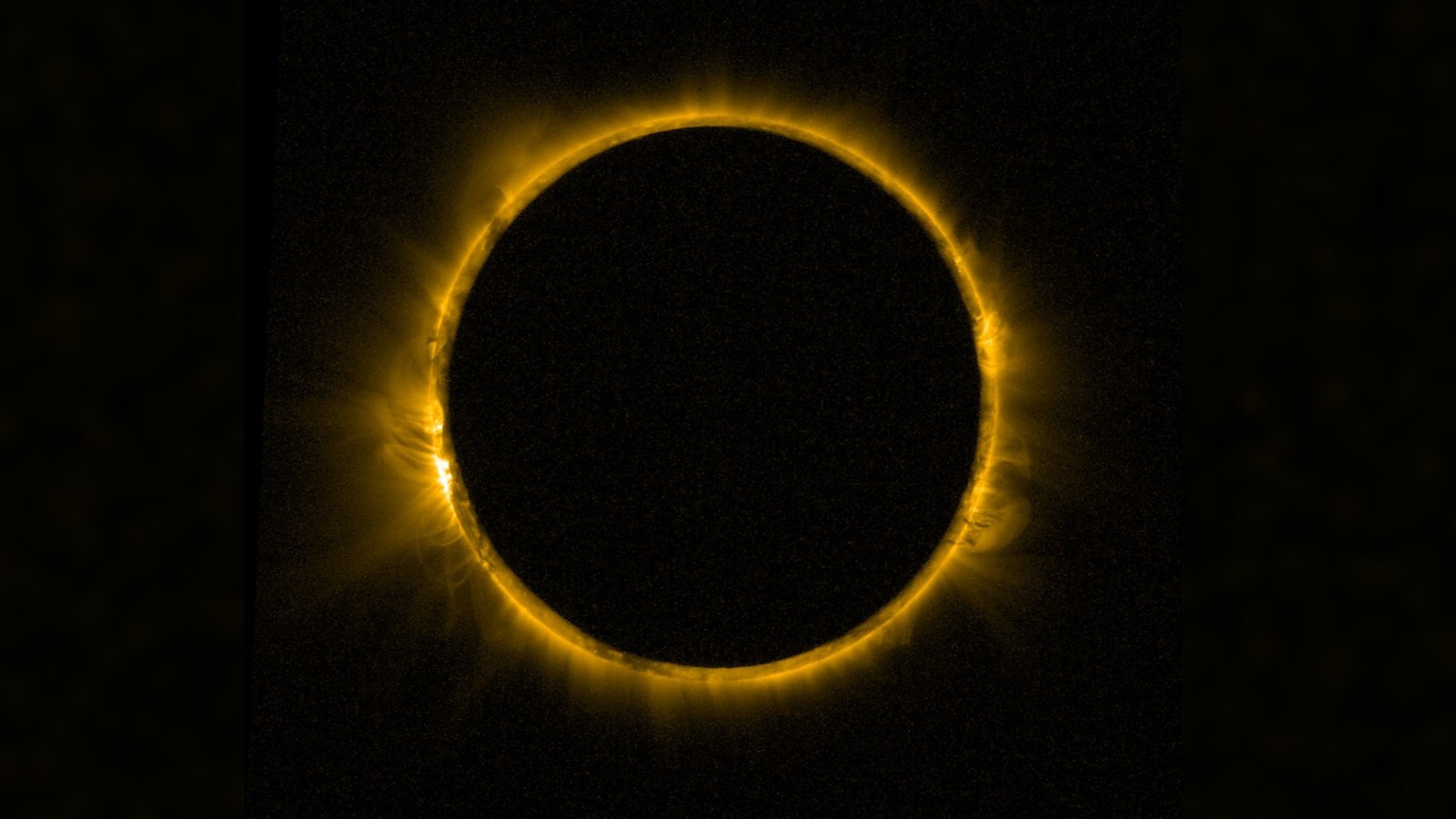Trump signs executive order to support moon mining, tap asteroid resources

Breaking space news, the latest updates on rocket launches, skywatching events and more!
You are now subscribed
Your newsletter sign-up was successful
Want to add more newsletters?

Delivered daily
Daily Newsletter
Breaking space news, the latest updates on rocket launches, skywatching events and more!

Once a month
Watch This Space
Sign up to our monthly entertainment newsletter to keep up with all our coverage of the latest sci-fi and space movies, tv shows, games and books.

Once a week
Night Sky This Week
Discover this week's must-see night sky events, moon phases, and stunning astrophotos. Sign up for our skywatching newsletter and explore the universe with us!

Twice a month
Strange New Words
Space.com's Sci-Fi Reader's Club. Read a sci-fi short story every month and join a virtual community of fellow science fiction fans!
The water ice and other lunar resources that will help the United States establish a long-term human presence on the moon are there for the taking, the White House believes.
President Donald Trump signed an executive order today (April 6) establishing U.S. policy on the exploitation of off-Earth resources. That policy stresses that the current regulatory regime — notably, the 1967 Outer Space Treaty — allows the use of such resources.
This view has long held sway in U.S. government circles. For example, the United States, like the other major spacefaring nations, has not signed the 1979 Moon Treaty, which stipulates that non-scientific use of space resources be governed by an international regulatory framework. And in 2015, Congress passed a law explicitly allowing American companies and citizens to use moon and asteroid resources.
Related: The search for water on the moon (photos)
The new executive order makes things even more official, stressing that the United States does not view space as a "global commons" and sees a clear path to off-Earth mining, without the need for further international treaty-level agreements.
The executive order, called "Encouraging International Support for the Recovery and Use of Space Resources," has been in the works for about a year, a senior administration official said during a teleconference with reporters today. The order was prompted, at least in part, by a desire to clarify the United States' position as it negotiates with international partners to help advance NASA's Artemis program for crewed lunar exploration, the official added. (Engagement with international partners remains important, the official said.)
Artemis aims to land two astronauts on the moon in 2024 and to establish a sustainable human presence on and around Earth's nearest neighbor by 2028. Lunar resources, especially the water ice thought to be plentiful on the permanently shadowed floors of polar craters, are key to Artemis' grand ambitions, NASA officials have said.
Breaking space news, the latest updates on rocket launches, skywatching events and more!
The moon is not the final destination for these ambitions, by the way. Artemis is designed to help NASA and its partners learn how to support astronauts in deep space for long stretches, lessons that will be key to putting boots on Mars, which NASA wants to do in the 2030s.
"As America prepares to return humans to the moon and journey on to Mars, this executive order establishes U.S. policy toward the recovery and use of space resources, such as water and certain minerals, in order to encourage the commercial development of space," Scott Pace, deputy assistant to the president and executive secretary of the U.S. National Space Council, said in a statement today.
President Trump has shown considerable interest in shaping U.S. space policy. In December 2017, for example, he signed Space Policy Directive-1, which laid the groundwork for the Artemis campaign. Two other directives have aimed to streamline commercial space regulation and the protocols for space traffic control. And Space Policy Directive-4, which the president signed in February 2019, called for the creation of the Space Force, the first new U.S. military branch since the Air Force was stood up in 1947.
- Home on the moon: how to build a lunar colony (infographic)
- Presidential visions for space: from Ike to Trump
- No digging required: space mining on the moon and beyond may be solar powered
Mike Wall is the author of "Out There" (Grand Central Publishing, 2018; illustrated by Karl Tate), a book about the search for alien life. Follow him on Twitter @michaeldwall. Follow us on Twitter @Spacedotcom or Facebook.
OFFER: Save 45% on 'All About Space' 'How it Works' and 'All About History'!
For a limited time, you can take out a digital subscription to any of our best-selling science magazines for just $2.38 per month, or 45% off the standard price for the first three months.

Michael Wall is a Senior Space Writer with Space.com and joined the team in 2010. He primarily covers exoplanets, spaceflight and military space, but has been known to dabble in the space art beat. His book about the search for alien life, "Out There," was published on Nov. 13, 2018. Before becoming a science writer, Michael worked as a herpetologist and wildlife biologist. He has a Ph.D. in evolutionary biology from the University of Sydney, Australia, a bachelor's degree from the University of Arizona, and a graduate certificate in science writing from the University of California, Santa Cruz. To find out what his latest project is, you can follow Michael on Twitter.

